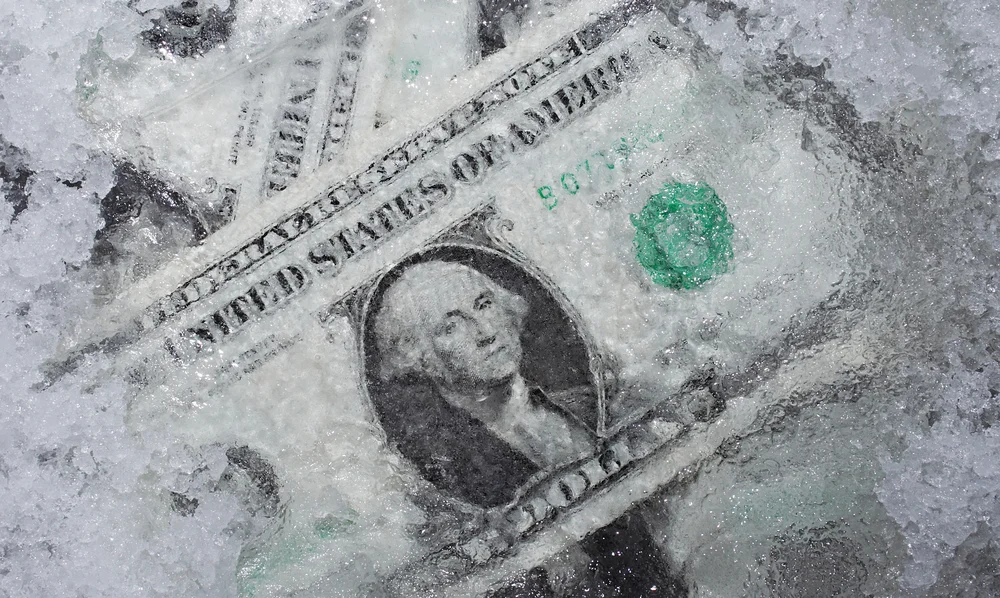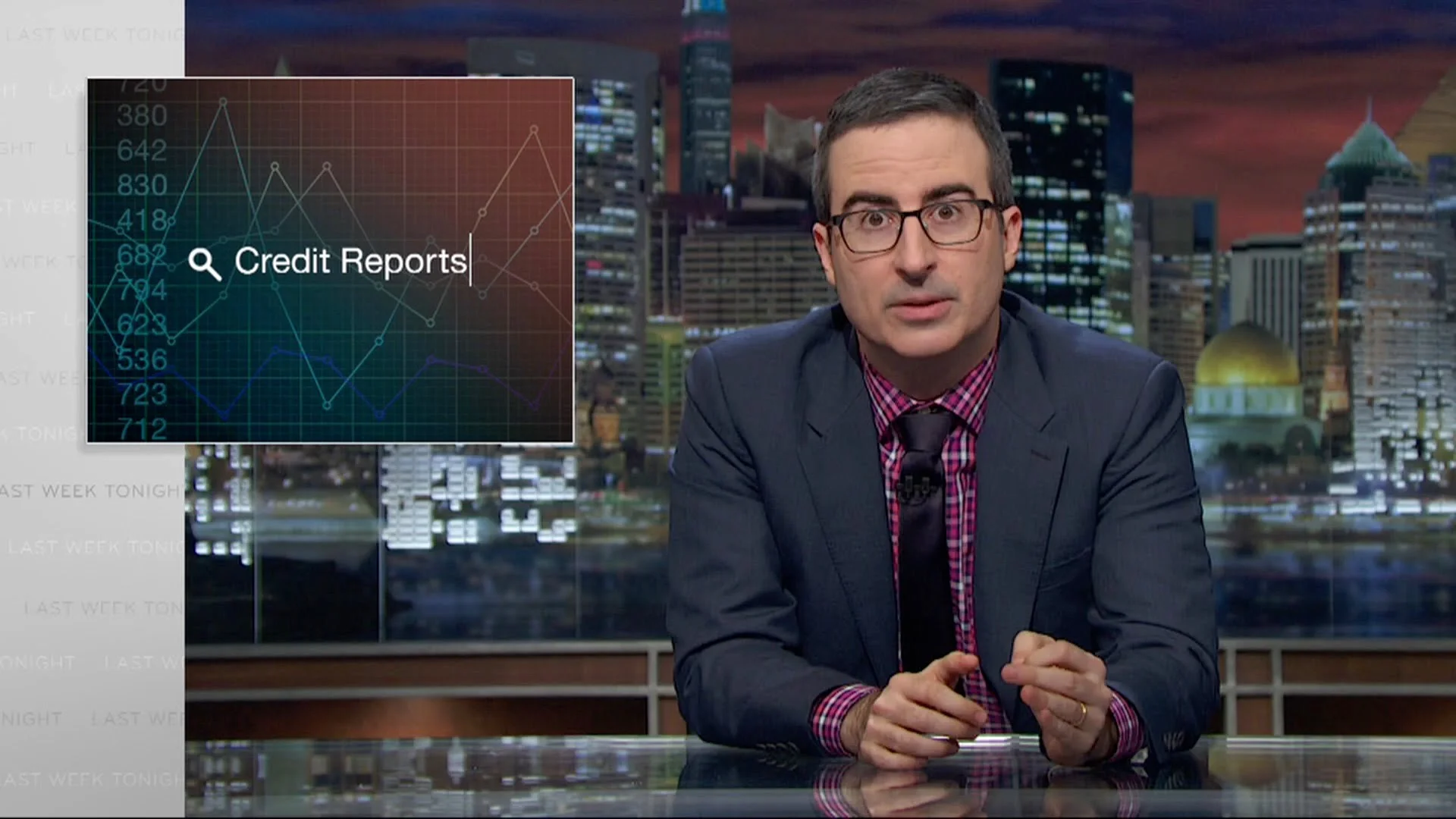There have been a record breaking amount of complaints from 2020 through 2021, with more than 619,000 in 2021 alone and Rep. James Clyburn, the chairman of the House Select Subcommittee on the Coronavirus Crisis wants credit reporting agencies TransUnion, Experian, and Equifax to be investigated.
The agencies have allegedly failed to respond to consumer complaints during the pandemic and continue to have longstanding problems with consumers raising complaints about credit reporting errors.
In May, the CFPB reported that 4.1% of complaints were resolved in 2021 compared to 25% in 2019 before the pandemic.
It appears that the majority of credit report disputes have not resulted in correction or removal of errors in consumers credit reports. The subcommittee found that between 2019-2012:
Equifax corrected 43% - 47% of disputed items.
Experian corrected about 52% of late payment disputes or other inaccurate data.
TransUnion corrected approximately 49% - 53% of disputed credit reports during this time.
The CARES act, paused loan payments and were supposed to report them as current, though some lenders may have incorrectly categorized them as late.
Consumers have been reporting errors on a larger scale. The CFPB estimated the combined number of dispute submissions among Equifax, Experian and TransUnion to be 8 million in 2011. The subcommittee found that in 2021 Equifax received nearly 14 million complaints alone.
The record breaking amount of complaints consist of nearly 336 million items, including names, addresses and credit accounts on their credit reports. Yet evidence by the subcommittee found that credit raters discard millions of disputes a year without investigation. At least 13.8 million were thrown out between 2018 and 2021.
Discarding disputes violates the Fair Credit Reporting Act (FCRA) if they are submitted directly by consumers to authorized representatives.
The companies defense is that disputes are discarded without investigation when they suspect a credit repair service is making the complaint. Which highlights the importance of why you should make complaints yourself, as they may also be disputing information on your report that is accurate.
The agencies have a criteria that determine which disputes may be submitted by an unauthorized third party. For instance, Equifax, tosses out mail that tends to similar language and formatting and also comes from the same zip code.
Experian takes into account for envelope and letter characteristics, this includes same/similar ink color, same/similar formatting when choosing what disputes to discard.
It was found that credit rating companies referred more than half of the disputes to data furnishers for investigations between 2019 and 2021. TransUnion referred the most.
The prevalence of credit reporting errors have been especially concerning at a time when consumers needed access to their credit to handle difficult economic circumstances brought on by the pandemic. Errors in credit reports have the potential to lower credit scores that could deny access to loans, housing, and possibly employment, among other serious consequences.
Recent reports have noted increased activity among credit repair companies which can inflate the complaint numbers. This seems to be the biggest cause of consumer complaints being thrown out. It highlights the importance of making complaints about credit reporting errors yourself rather than relying on a third party, since many credit repair companies may make illegitimate complaints or dispute information on your reports that are accurate.
The credit reporting industry is continuing to to collaborate with the CFBB and policymakers to better serve consumers and will continue to make better economic opportunity solutions.
















